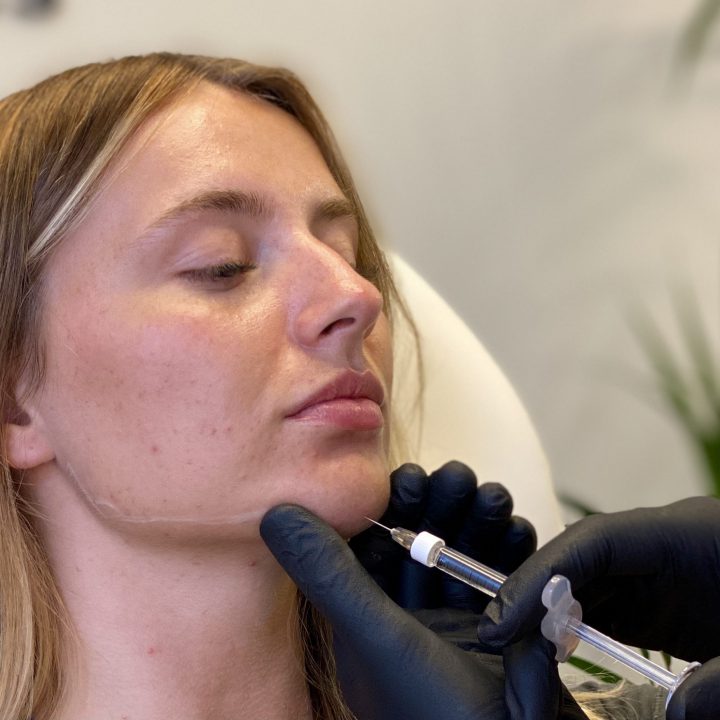Varicose veins are a common medical condition that affects millions of people worldwide. These swollen, twisted veins can be both unsightly and uncomfortable, and they often lead to questions about what kind of doctor treats varicose veins and what vein centers do to address this issue. In this article, we will explore the various medical professionals who specialize in the treatment of varicose veins and shed light on the important role that vein centers play in providing comprehensive care for this condition.
Understanding Varicose Veins
Varicose veins are enlarged, twisted veins that most commonly appear in the legs. They occur when the valves within the veins do not function properly, causing blood to pool in the veins and resulting in their characteristic appearance. While varicose veins are often considered a cosmetic concern, they can also cause a range of symptoms such as pain, swelling, and aching in the affected area. In some cases, they can lead to more serious complications, such as venous ulcers and blood clots.
What Kind Of Doctor Treats Varicose Veins?
The first question that often comes to mind when dealing with varicose veins is, “What kind of doctor should I see for treatment?” Several medical professionals are qualified to diagnose and treat varicose veins, each with a different approach and specialization. Here are the primary specialists you may encounter when seeking treatment for varicose veins:
Vascular Surgeon:
Vascular surgeons are medical doctors who specialize in treating blood vessel disorders. They are highly skilled in both surgical and non-surgical techniques for managing varicose veins. These specialists can perform minimally invasive procedures, such as endovenous laser treatment (EVLT) or radiofrequency ablation (RFA), to close off and seal problematic veins. They may also recommend lifestyle changes and compression stockings to manage varicose veins.
Interventional Radiologist:
Interventional radiologists are experts in performing image-guided procedures to diagnose and treat various medical conditions. When it comes to varicose veins, they can employ techniques like ultrasound-guided sclerotherapy, which involves injecting a special solution into the affected veins to close them off and improve blood flow.
Phlebologist:
A phlebologist is a medical professional who specializes in the diagnosis and treatment of venous disorders, including varicose veins. They typically have specific training in venous medicine and can offer a range of treatment options, such as endovenous laser therapy (EVLT), ambulatory phlebectomy, and ultrasound-guided foam sclerotherapy.
Dermatologist:
Dermatologists, known for their expertise in skin health, can also treat varicose veins, especially if they are causing cosmetic concerns or discomfort. They may recommend conservative approaches, such as lifestyle modifications, compression stockings, or topical creams. In some cases, they may perform minimally invasive procedures.
General Practitioner Or Family Physician:
Your primary care doctor can be a good starting point for addressing varicose veins. They can assess your condition, offer lifestyle recommendations, and provide referrals to specialists if necessary. They may also order tests like ultrasounds to determine the severity of your condition.
Cardiologist:
In some instances, cardiologists may be involved in the care of varicose veins, particularly if they are associated with more complex circulatory issues. While they may not perform the procedures themselves, they can provide guidance on overall cardiovascular health and collaborate with other specialists for a comprehensive approach.
The choice of the right specialist often depends on the severity of your varicose veins, your symptoms, and your personal preferences. It’s essential to consult with a medical professional to determine the most appropriate course of action for your specific case.
What Vein Centers Do
What do vein centers do? Now that we’ve discussed the various specialists who can treat varicose veins, let’s delve into what vein centers do and how they play a vital role in providing comprehensive care for this condition.
Vein centers are specialized medical facilities that focus on the diagnosis and treatment of venous disorders, including varicose veins. These centers are staffed with medical professionals who have extensive experience in dealing with all aspects of venous health. Here are some key functions and services provided by vein centers:
Diagnosis And Assessment:
Vein centers are equipped with state-of-the-art diagnostic tools and equipment to accurately assess the severity of varicose veins. This typically involves using techniques such as duplex ultrasound to create detailed images of the veins and identify the underlying causes of the condition.
Treatment Options:
Vein centers offer a wide range of treatment options, from conservative measures to minimally invasive procedures and, in some cases, surgical interventions. The choice of treatment depends on the individual patient’s condition and needs. Common treatment options offered at vein centers include:
a. Sclerotherapy: This involves injecting a special solution into the affected veins, causing them to collapse and be gradually absorbed by the body.
b. Endovenous Laser Treatment (EVLT): EVLT uses laser energy to close off and seal problematic veins, rerouting blood flow to healthier veins.
c. Radiofrequency Ablation (RFA): RFA employs radiofrequency energy to heat and seal off the affected veins, again redirecting blood flow to healthier vessels.
d. Ambulatory Phlebectomy: This surgical technique is used to physically remove larger varicose veins through tiny incisions, providing immediate relief.
e. Compression Therapy: Vein centers may recommend and provide compression stockings or other compression devices to help alleviate symptoms and improve blood circulation.
Patient Education:
A significant part of what vein centers do involves educating patients about varicose veins, their causes, and available treatment options. They empower patients to make informed decisions about their care and provide guidance on lifestyle modifications to prevent varicose veins from worsening or reoccurring.
Ongoing Monitoring:
Vein centers often follow up with patients to monitor their progress post-treatment. They may conduct additional ultrasounds to assess the effectiveness of the interventions and address any concerns or complications that may arise.
Collaborative Care:
Vein centers frequently work in collaboration with other specialists, such as vascular surgeons, interventional radiologists, dermatologists, and primary care physicians, to ensure comprehensive care for patients with varicose veins. This collaborative approach ensures that patients receive the best possible treatment plan for their unique needs.
Conclusion
Varicose veins can be a source of discomfort and self-consciousness, but there are numerous medical professionals and specialized vein centers dedicated to addressing this common condition. When wondering what kind of doctor treats varicose veins, it’s important to consider the severity of your condition and your individual needs. Whether you choose a vascular surgeon, interventional radiologist, phlebologist, dermatologist, or another specialist, they can provide the expertise and care necessary to manage your varicose veins effectively.
Vein centers, on the other hand, play a crucial role in the comprehensive treatment of varicose veins. They offer diagnosis, a variety of treatment options, patient education, ongoing monitoring, and a collaborative approach to ensure that individuals with varicose veins receive the best possible care. By seeking professional assistance and exploring the services provided by vein centers, you can take the first step toward relieving the discomfort and improving the appearance of varicose veins, ultimately enhancing your overall quality of life.


















